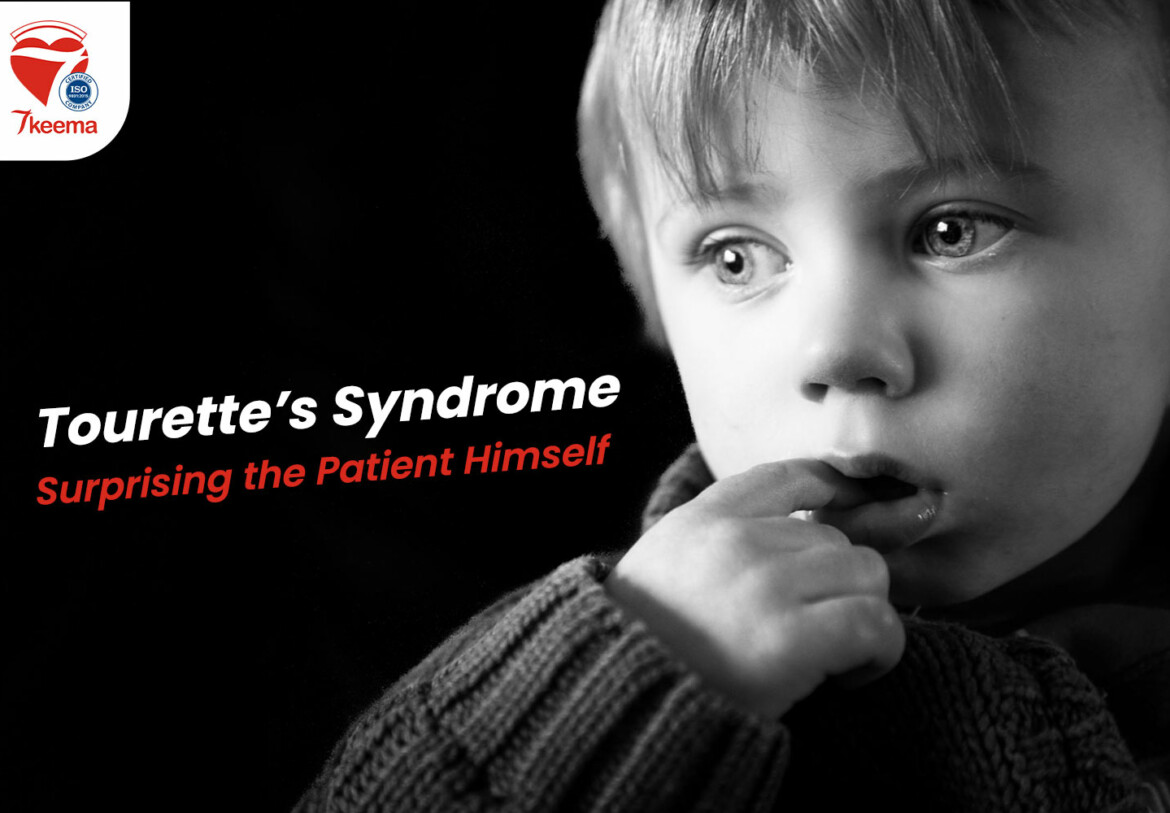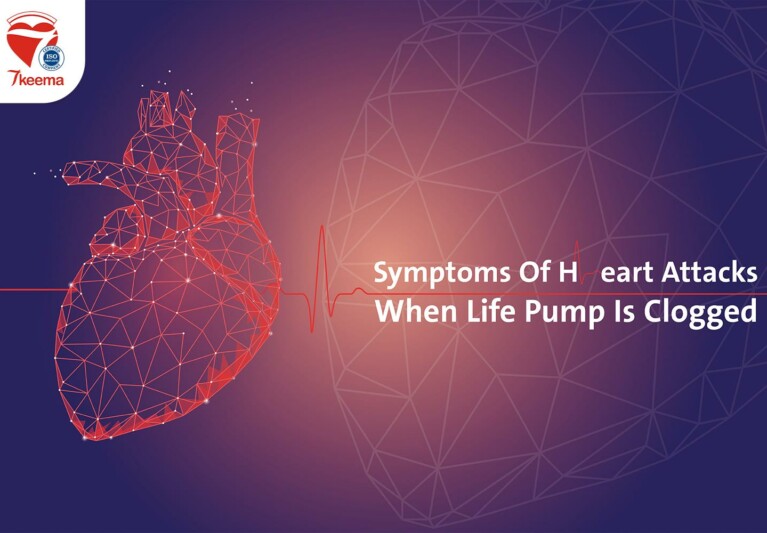Kids in their early life are subjected to a particular health problem concerning their reflexes and reactions. We’re talking about a specific nervous system disorder called Tourette’s syndrome. This Syndrome was named after the French doctor Georges De La Tourette, the first to reveal it as a syndrome.
What’s Tourette’s syndrome?
Tourette’s syndrome is basically a nervous disorder that could possibly take place starting from the age of 2 years old, reaching up to the age of 15 years old, mainly for some heritage reasons. It includes many symptoms, but one in specific is the boss, who’s having some nervous spasms and involuntary acts.
Including some involuntary voices, as the patient could say words and phrases that he even didn’t mean to say. In most cases, it could be offensive in a way or another.
Typically, symptoms develop from the age of 6 on average, starting with some involuntary motions and acts, which are called motor tics, followed by the vocal tics that could appear at a late age. In some cases, symptoms could be vivid, clear from the age of 2 years old.
Usually, tics, whether motor or vocal, take an uprising curve of severity until they reach the ultimate maximum at the age of 12 years old. Then, symptoms start to decrease gradually in seriousness, to the point that they could totally disappear.
However, few cases could keep developing symptoms to older age or even have Tourette’s syndrome for life.
Tics and symptoms vary from one patient to another. One kid could have some severe symptoms and constant tics that take place within a short time span. In contrast, another one could have it under control with a long time span between every tic.
Typically, these tics would directly impact the child’s ability to learn, socialise, and be connected with his environment. Therefore, we should point out the following:
-Tourette’s syndrome doesn’t reflect intelligence levels.
– Symptoms severity doesn’t reflect the child ability to receive information.
– Symptoms severity doesn’t reflect the child capability of making friends.
And here comes the community role, which is to connect and contain these children from a young age, to make them involve in the community and have a normal life.
To find a fulfilling answer to the “what’s Tourette’s Syndrome?” question, we should first get to know more about this case symptoms, reasons, and how to treat it.

Tourette’s syndrome Symptoms
As we mentioned before, motor tics and vocal tics are the most obvious and live touching symptoms, in addition to some more symptoms and signs.
Tourette’s Syndrome symptoms vary between the following:
– Physical Tics: includes any involuntary act or motion concerning eye rotation, eyelid, head, mouth, shoulder, and more.
– Vocal Tics or Phonic Tics: it could be whether not understandable voices or pronouncing some inappropriate words and phrases that could be insulting most of the time, knowing that the patient didn’t mean to say such a thing.
– Simple Tics: these tics are due to spasms in one muscle or a few more at the same time. It also includes physical and phonic tics but in a more straightforward manner. It could be developed through eye flickering, head bouncing, shoulder vibration, quick eyes movement, itchy nose, and mouth movement.
– Complex Tics: it’s due to spasms and cramps hitting much more muscles simultaneously, which provoke many physical and phonic tics that could last longer. Complex tics would include the following: touching things and smelling them, excessive motion and movement, walking with a particular style, making some filthy signs, bending or turning around, and jumping around. At the same time, the phonic tics could add some signs, too, such as repeating phrases after people and using some vulgar expressions.
These are mainly the Tourette’s Syndrome symptoms, which are evident signified by being:
– One patient could develop more than one kind of tics.
– Variant severity.
– Frequent.
– Severity increase with stress, anxiety, excitement, or fatigue.
– Could occur during sleep.
– Could vary with time.
– Reach the maximum severity during the teenage phase.
– Start decreasing by the puberty age.
– Tics could be preceded by some apparent signs, such as itching, trembling, or anxiety.
– Patient could control these symptoms and tics, but it could take some effort and time.
Tourette’s syndrome Diagnosis
In fact, there’re no significant tests that could give an obvious diagnosis of Tourette’s Syndrome. Basically, the doctor follows some steps to ensure the patient doesn’t have any other health condition and track his symptoms.
A doctor would follow these steps to give a Tourette’s Syndrome diagnosis:
– Questioning the patient about his symptoms and what does he feel.
– Asking the patient’s family to film him when symptoms are on the surface.
– Asking for many blood tests to make sure the patient is not suffering from any other disease that could lead to the same symptoms.
– To confirm a Tourette’s syndrome patient, the doctor should prove the following: tics occur daily for more than a whole year, tics couldn’t disappear for more than 3 consecutive months, and those symptoms are developed before the patient reaches the age of 18 years old.

Tourette’s Syndrome Causes
Most likely, children would develop Tourette’s Syndrome for heritage reasons due to a specific gene or more than one gene. Up till this moment, science couldn’t be any close to determining these genes, which means we don’t know much about the syndrome causes. Still, we got some theories.
However, we have some risk factors that increase the chance of having a child with Tourette’s Syndrome, between which we can mention the following:
– If the mother suffered from severe nausea and vomiting during pregnancy, especially during the first trimester.
– If the mother suffered from stress or anxiety during pregnancy.
– Drinking alcoholic drinks, smoking, or drinking coffee excessively during pregnancy.
– If, for any reason, a lake of oxygen occurred during the baby delivery.
– If the baby’s weight was too light, or giving birth to a twin, where one of them is much heavier than the other.
– If the baby was born with brain damage signs.
– If the baby was born with a tumour on his brain.
– If the child is suffering from any psychological or nervous conditions concerning his immunity system.
Who’s the most likely to have Tourette’s Syndrome?
Statistics give us an index that men are more likely to have Tourette’s Syndrome, with a 3 to 1 ratio compared to women. Also, the risk increases according to the family medical history.

Tourette’s Syndrome Treatment
For instance, medicine couldn’t get a final cure for Tourette’s Syndrome, making symptoms vanish totally. On their sides, doctors could develop some steps and protocols that are meant to contain the disease and allow the patient to control his tics.
Currently, we have two kinds of treatments, which could be used in parallel:
– Tourette’s Syndrome Behavior Therapy:
The patient would follow some exercises and instructions offered by a specialist doctor.
These steps may help him to control his tics and decrease their severity.
– Tourette’s Syndrome Drug Therapy:
Rolling around, giving the patient some muscles’ stretcher and high blood pressure medicines.
Surgical intervention could be helpful for some cases by making what’s called Deep Brain Stimulation.
Tourette’s Syndrome Complications
For instance, Tourette’s Syndrome has a more profound impact on the patient on many levels, including his health, social life, and continuous development. These complications occur when the patient is not receiving proper care to help him control his symptoms and tics.
Tourette’s Syndrome complications vary between the following:
– Attention-Deficit Hypertension Disorder (ADHD)
– Obsessive-compulsive disorder (OCD)
– Mental Agitation Disorder.
– Facing many problems concerning learning and understanding.
– Sleep disorders.
– High risk of having depression.
– High risk of having different mental disorders.
– Tics could cause pain with time, especially making a headache.
– Facing some problems concerning anger management.




